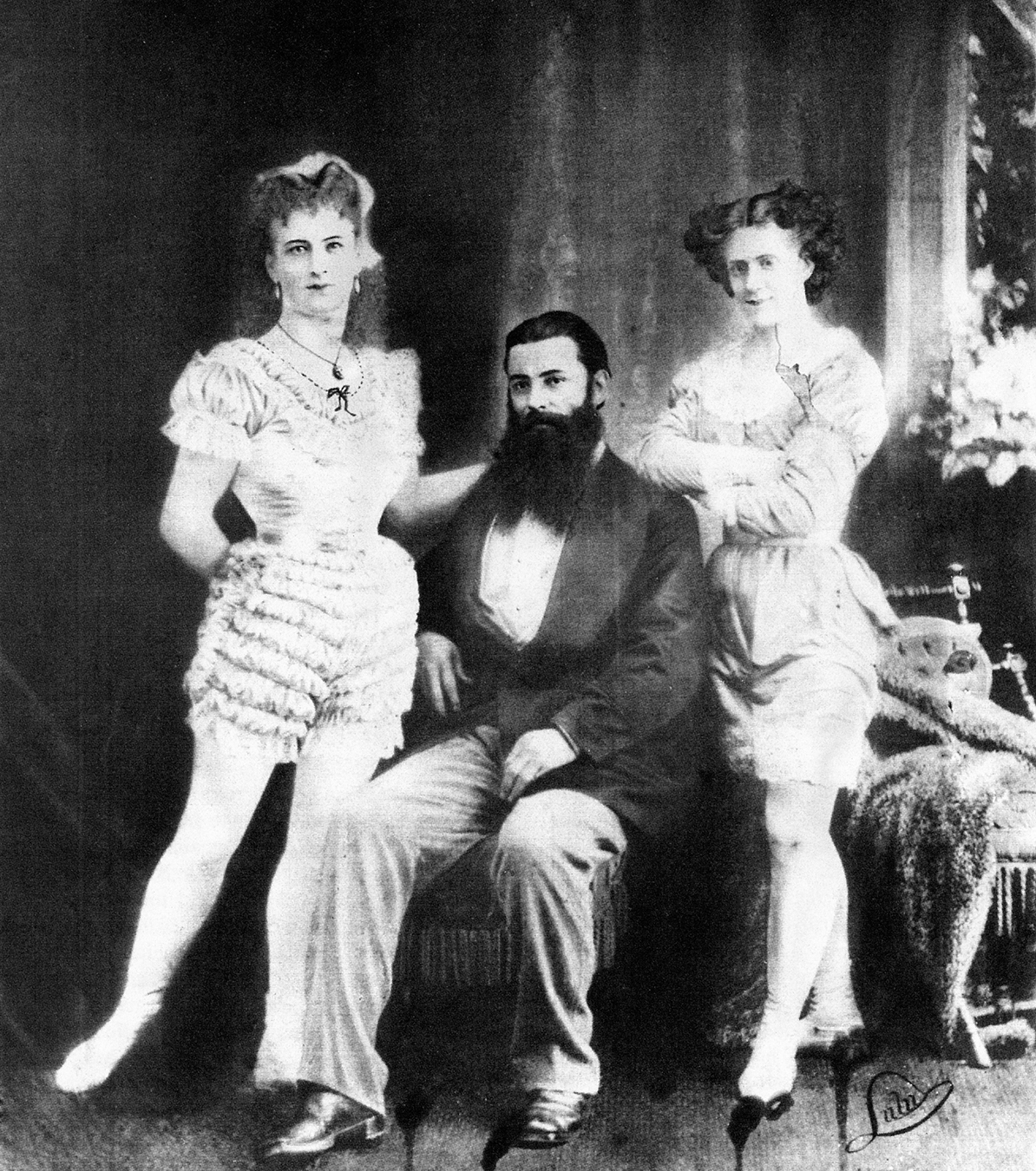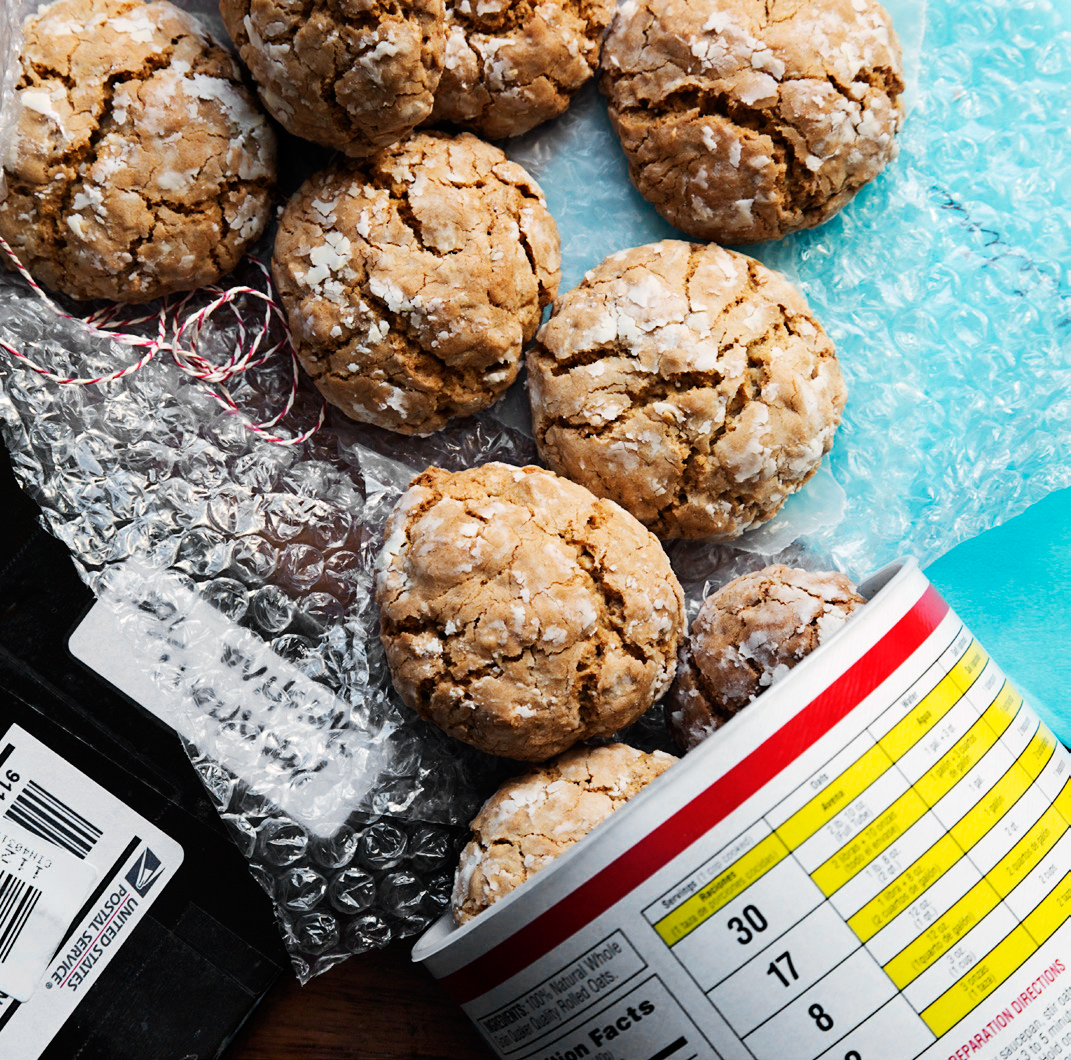Family Circus
Heather O’Neill remembers the best gift she ever gave.

Inspired by the happiness studies of UBC psychology professor Dr. Elizabeth W. Dunn, who contends money can buy happiness—especially when spent on others—this holiday season we look to stories of memorable gifts given. Here, Heather O’Neill, Montreal–based author of Lullabies for Little Criminals and The Lonely Hearts Hotel, recalls a special night out with her daughter.
I raised my daughter all by myself, and I’ve never really known my extended family. There was always just me and her at home, making a tiny family in our apartment in Montreal. So for Christmas, there wasn’t much point in preparing a feast. We had pot pie and an ice cream log and hot cocoa. Then came the time for exchanging gifts.
We both liked anything to do with the circus. Once we went to see a clown from Paris who had a pile of violin cases, each one a different size, that he took the instruments out of and played. When he got to the smallest violin, it was absurdly small. It made the music of the world’s most talented and heartbroken fly. So for Christmas one year, I bought us both tickets to a visiting family circus. I handed them to my daughter in an envelope I had covered in sparkles and bows.
“Oooooh!” she said.
I can’t remember the actual name of the circus. It had the word “family” in the title. It was something like the “Spectacular Xanadu Family” or “The Amazing Big But Small Pigeon Family Circus”. I can’t even remember where they were from, only that it was a far-away country, somewhere in Europe.
We took the subway to see the show at a big top in the East End. When the lights went up, the stage was set to resemble a large, messy dining room. The table was laid and there was a large extended family sitting around it, eating happily. There were bowls of mashed potatoes, and beets, and carrots, and gravy. There were dogs under the table. There was even a live turkey strutting around.
An older man, perhaps the grandfather, picked up an accordion from behind his chair and began to play. The grandmother sat at the piano and launched into a joyous tune.
A young man, perhaps an uncle, began juggling things around the table. He juggled the wine bottles, the plates, the fruits. He started to juggle knives. A cousin slowly and carefully balanced another cousin on his head. A little girl, the smallest daughter, began walking on her hands across the table.
There was a young woman who began dancing around the room. She wrapped herself up in a curtain. Her family members kept grabbing the end of the curtain and swinging it around. She dreamily swept above their heads. A little boy came out on stage for a moment in his pyjamas and yawned. He took a glass of milk off the table and went back to sleep backstage.
A young man with clown paint on his face began to drink too much wine. He walked, clumsily, across a tight rope. He and the young woman began swinging backwards and forth on trapezes, haphazardly catching one another. The drunk clown always seemed sure to drop her, but then didn’t.
On the subway ride home from the circus, my daughter and I were so happy. As we walked along the busy city streets to our apartment, everything seemed magical and full of grace.
On the subway ride home from the circus, my daughter and I were so happy. As we walked along the busy city streets to our apartment, everything seemed magical and full of grace.
There was something about that circus that touched us both so much. We were like the Little Match Girl looking through a window at a life that we had never had. Here was a home filled with generations of people. They all got along in the most convoluted and graceful of ways. It was filled with people who tripped all over each other. Everyone’s fates seemed tangled up in one another’s. And what a meal they had enjoyed. It was a veritable Christmas feast!
We picked up some Chinese take-out and went back to our apartment and discussed the circus. We talked a lot about the troubled clown, who made every simple act seem so perplexing. We loved to have philosophical discussions about clowns. They are deconstructionists, disassembling the human experience, considering the action out of context, and looking for meaning in it.
We stayed up late discussing that circus. We weren’t quite a family circus. But we weren’t quite a lonely solo act clown show. We were like the two clowns in Waiting for Godot, discussing the absurd world. We had our own customs and rituals designed for two.
We had a tiny Charlie Brown Christmas tree covered in strings of popcorn. We had pretty little blinking fairy lights around the windowsill. We had leftover ice cream log that we ate on cracked plates that had patterns of bluebirds, with mismatched forks whose handles were covered in roses.
And there was as much love in our kitchen as there was on that magical touring family stage from an unknown country in Europe.
This article was originally published December 6, 2016.




